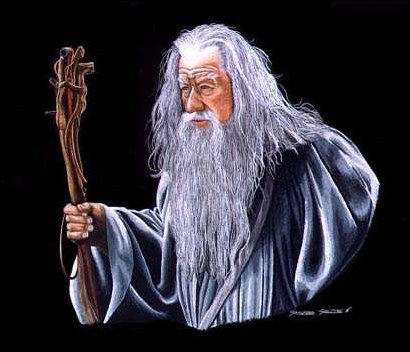Poll results:
More than a third of the American public suspects that federal officials assisted in the Sept. 11 terrorist attacks or took no action to stop them so the United States could go to war in the Middle East, according to a new Scripps Howard/Ohio University poll.
Thirty-six percent of respondents overall said it is "very likely" or "somewhat likely" that federal officials either participated in the attacks on the World Trade Center and the Pentagon or took no action to stop them "because they wanted the United States to go to war in the Middle East."
Twelve percent suspect the Pentagon was struck by a military cruise missile in 2001 rather than by an airliner captured by terrorists.
I'm not going to go deeply into the psychology of conspiracy theories, but the article does speculate as follows...
University of Florida law professor Mark Fenster, author of the book Conspiracy Theories: Secrecy and Power in American Culture, said the poll's findings reflect public anger over the Iraq war, realization that Saddam Hussein did not have weapons of mass destruction and growing doubts of the veracity of the Bush administration.
My concern is how this reflects upon the capacity for thought in our nation. How can people believe these wild conspiracy theories- in the face of plentiful evidence to the contrary? I just don't understand it.
I doubt it is all politics. Perhaps a lot of the people who believe in the theories are simply anti-Bush, but I doubt that answers everything.
Conspiracy theories (CT's from this point forward) abound in this country. I know less about other places in the world, but sometimes I see a similarity in some of the theories here in the US and those we hear coming from radical elements in the Middle East who believe that the US and Israel are responsible for every bad thing that happens- anywhere in the known universe.
These CT's trouble me in part because they are so hard to overcome. CT's rely more on questions, suspicions, and doubts than any factual evidence. Read articles or listen to lectures (I had a student hand me a video of a 9/11 theorist a couple of years back, and I sat through all 2 hours of it) and what you find is a rhetorical shell game, filled with speculative questions,hints at facts, and alleged connections to equally unproven conspiracies (the tape I watched had references to FDR's role in bombing Pearl Harbor and the Kennedy Assassination). Hand a conspiracy theorist a fact, they throw another question at you. To beat a CT, you need 'proof beyond an unreasonable doubt.'
Additionally, CT's trouble me because they are so damaging to positive action. Belief in CT's fuels a cynicism that was probably nearly ripe when the person came to believe. CT's make people feel helpless to create positive change- how can we overcome the big powerful forces that are behind such great crimes? Further, CT's distract people from the real sources of problems and the real steps that can be taken to help move our nation forward.
I find these CT's a real problem in the classroom. They are, in a sense, a part of what Howard Gardner calls the 'unschooled mind.' I'm not sure he would agree with me in using his term, but these CT's are a part of the background beliefs that a lot of students bring into the classroom. They are, because of the reasons I mentioned above and simply because they have become engrained in students' minds, a serious challenge to an educator.
I'm going to have to put some serious thought to this issue heading back to school. In an earlier post (original post here, reaction to a reader's thoughts here), I discussed the importance of questioning, but not being cynical or simply a doubter. How do I draw the distinction for my students who live in an argument culture? How do I teach them to see the difference between a question for learning and a question for deceiving? How do I teach them to value facts over suspicions?
I'm open to suggestions.
GP
Friday, August 04, 2006
Subscribe to:
Post Comments (Atom)


No comments:
Post a Comment